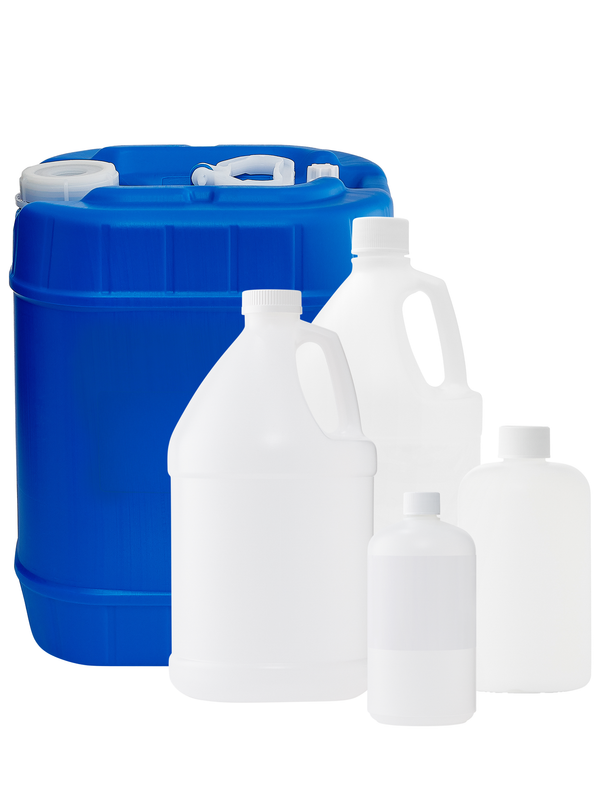
Business Support
Sodium Borate, Granular, Reagent Grade
For questions regarding lead time, please contact a member of our Customer Care Team at customercare@laballey.com
Business Support
Description
About Sodium Borate, Granular, Reagent Grade
Sodium Tetraborate, also known as Borax Anhydrous, sodium borate, sodium tetraborate, or disodium tetraborate, is a powdery white substance composed of a combination of boron, sodium, and oxygen. It’s widely used as a household cleaner and a booster for laundry detergent. Lab Alley’s Sodium Borate contains 100% by weight of Sodium Borate Decahydrate. Reagent Grade chemical that has high purity and is best suited for analytical applications. They are important in research because of their reliable, dependable, and repeatable results. Lab Alley sells its high-quality Sodium Borate, Granular, Reagent Grade online at laballey.com in the United States of America (USA). This Lab Alley product is highly recommended for research labs and commercial uses due to its high purity.
COMMON USES AND APPLICATIONS
- Household Cleaners
- Laundry Detergents
- Catalyst
- Chemical precursor
INDUSTRIES
- Paper industry
- Leather industry
- Soap manufacturing
- Research laboratories
PRODUCT INFORMATION
Customer Reviews and Q&A
Safety and Shipping
Please contact us to request a Safety Data Sheet (SDS) and Certificate of Analysis (COA) for Sodium Borate Granular Reagent.
Business Support
Built for Business.
At Lab Alley, we simplify procurement with custom quotes, credit applications, tax exemptions, and fulfillment support, ensuring on-budget, on-time delivery - your success is our priority.
Apply for Credit
A Lab Alley credit account streamlines purchasing for your business. Our Customer Success Team is available to help you through every step of the process.
Request a Custom Quote
Get a fast, customized quote tailored to your specific needs. Our team ensures accurate pricing and availability to help streamline your purchasing process.

Additional Business Resources
Lab Alley provides access to essential certifications, documents, and other resources to support your business.

Create a Lab Alley Account

RECEIVE exclusive offers, promotions, and discounts on chemicals.

Always have the product you need, when you need it with our AUTOSHIP program.



